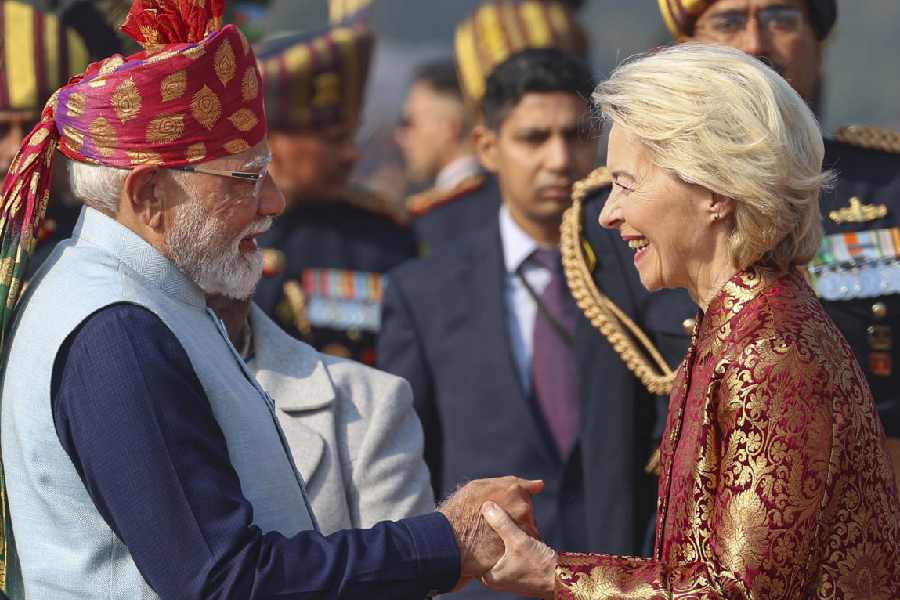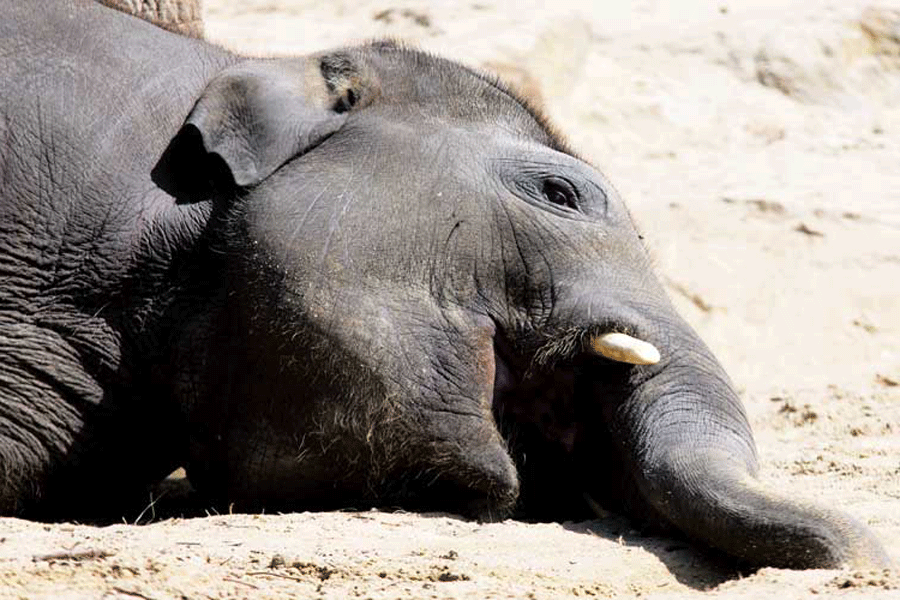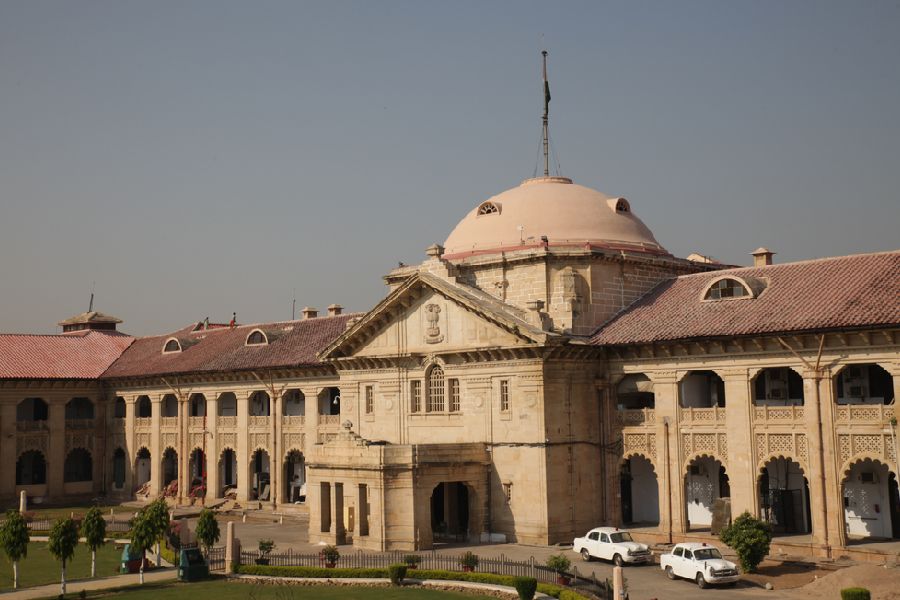
Winning a literary award should ordinarily call for celebration. But the announcement of this year's Sahitya Akademi awardees made some of them pause.
Among them was Kannada poet and writer K.V. Tirumalesh, selected for his epic poem Akshaya Kavya, and one of six poets among the winners. For someone who was once struck by French philosopher Jean Paul Sartre's refusal to accept the Nobel Prize for literature as he wanted to remain "free", the news of the award came at a time when many previous recipients were returning theirs, voicing concern over violent intolerance for dissenting views.
"I take my own writing as a big protest. I cannot conceive of a greater protest. What else is there," exclaims Tirumalesh, 75. Even so, his first reaction was, "Say, No."
But his wife, Nirmala, thought otherwise. "I was concerned that if he said no, his book would not come to anyone's notice. If he accepted, at least his books would be in some people's minds. Not just his past writings, but what he would write in the future. Otherwise, nobody reads poetry," she says, sitting by his side.
Tirumalesh and Nirmala live in Hyderabad, in a long-corridored apartment complex in what was once the nizams' vineyard and now borders a bustling information technology hub. The genial white-thatched poet points from a rear balcony to an adjoining graveyard. Tiny birds and sunlight mesh against an endless cityscape.
"We are not finicky about living near a graveyard," he smiles.
Tirumalesh is prolific across genres - as a poet, novelist, translator, critic, essayist and author. But his creative pursuit is reserved for Kannada. And he says that it was his belief that his work itself was a form of protest that prompted him to accept the award.
But it could be argued that the pressure to take sides impinged on free thought. Why would anybody need to defend the acceptance or rejection of an award?
"Because of the milieu of what is going on now. I am also part of the writing community. Naturally people have asked this question of me," he replies.
Tirumalesh has never lived in Karnataka, illustrating in these times of parochial stirrings that cultural moorings may weather dislocation and enrich - and be enriched - outside the realm of geography.
"He has always been an alien in his own homeland. He has worked all through his life in places such as Trivandrum, Hyderabad, the US and the Middle East. He has not spent any quality time in Karnataka. This makes him a dispassionate but interested observer of the state's culture in its dynamic realities," says critic-translator Professor H.S. Raghavendra Rao.
"I see myself as a displaced person," Tirumalesh maintains.
It started with an accidental displacement. He was born in Kasaragode, which after the bifurcation of Madras State went to Kerala. "I am not a Malayalee though I speak Malayalam fairly well," he smiles.
He grew up in an orthodox family of areca nut farmers. His father was a travelling priest, and Tirumalesh stayed with his uncle. He was the youngest of six much older and married siblings. "So I didn't have a close family. But as a student I was thrilled by words like savannahs, eskimos and prairies," he remembers. He wanted to see it all.
It is a peripatetic curiosity that still lingers. While his colleagues were happy to get a job and settle, for him living "meant learning more and more". He eventually stumbled into linguistics - "for the simple reason that Noam Chomsky was revolutionising linguistic studies. I did not even know what it was." He went on to join the Centre for Applied Linguistics and Translation Studies in Hyderabad.
As his wife offers refreshment, one witnesses the easy camaraderie between them. He helps in the kitchen and with chores. She is his first reader, and collaborates with reading the proofs.
In between two teaching stints in Yemen, he was invited to Iowa University for an international writers programme, which then extended to a two-year stint teaching Kannada at the South Asian Studies department. He eventually left Yemen when a national uprising against the government turned violent.
"I am a democrat. And I sympathised with my students. I am against one party, one ideology. Different political ideologies must exist even if there are occasional clashes," he maintains.
Although he was teaching linguistics, he was equally engaged in literature: reading and writing on literary criticism and theory voraciously in English. "You probably know me as a poet because of this news. But I have actively been writing about other subjects in English as well. But as a creative writer I stuck to my own language, Kannada. I rarely even translated my poems in English. I am a quiet person that way," he says.
Growing up, the works of novelists like Anakru (A.N. Krishna Rao) and Kuvempu (K.V. Puttappa), later followed by English, French, German and Russian writers, opened up a new world of ideas for him. As a poet he considers himself a "kind of modernist" who admires T.S. Eliot and Ezra Pound.
" Akshaya Kavya (Infinite Embers) is highly influenced by Pound, William Carlos Williams and Charles Olson. These are poets who write free verse," he explains. He has called the work an epic. "Correct. To give it a spin," he says disarmingly.
For those who are not familiar with the work, the writer says that Akshaya Kavya was the culmination of a decade's scribbling.
"For some reason, I started writing poems without titles. A title directs the reader in a certain way. I wanted to free the reader of the title," he explains. He won't pinpoint a theme either. "All kinds of things are there," he says about the work, published in 2010.
Lunch by now is ready. Over a vegetarian meal of papad, curds, vegetables and a lentil preparation, the conversation turns towards the contribution of plurality in shaping discourse.
"There is no pure language. The origin of language is pre-historical. As a linguist it is easy for me to turn out examples - I have been doing this to bring some sense to people," he laughs. Tirumalesh once asked his readers what if instead of talking about Sita and Draupadi one wrote about Nefertiti instead. "It was great fun," he nods.
His interest in poetry emerged from social engagement. "Socially speaking, I belong to the Brahmin community but to the lower part of the community. I have experienced discrimination, and that has made me angry. The anger was there in my early life. And I have written about it. So a vocal protest does not have much relevance for me. Writing is my way of protesting against social inequalities," he emphasises.
Pentaya Nagi, for instance, is his poem about a coal delivery boy who wears his new white shirt but on his way to a film is spotted and ordered to deliver coal. "That is all part of my experience. How can the boy's shirt remain white? It has to become black," he says.
Tirumalesh, Professor Rao points out, is also deeply influenced by Continental and Latin American literature. "This has liberated him from the shackles of the literary social movements in Karnataka," Rao says.
Thomas Mann's The Magic Mountain is a favourite of his, and so is Pasternak's Dr Zhivago. "But the person who wrote it was non grata over there (Russia). That is the problem with communism or any ism - a propensity to control people," Tirumalesh rues.
Among his translations is The Other Side, the only novel written by Austrian illustrator Alfred Kubin, Franz Kafka's contemporary. "Kafka wrote in his diary that they met thrice in Vienna. He must have certainly read this book because it was published before Kafka started his career as a writer. Kannada people know Kafka but they may not know Alfred Kubin," he says.
He once said that writing poetry was not an act of divinity but an act of will. Yes, he quips. "Because you have to sit down and do it. It is will in that sense. Sometimes I have written poems in five or 10 minutes. Some I revise, others stay as they came. I don't know what divinity is. We can distinguish between the dead and the living but the moment you say aatma I am confused," he says. He describes himself as an agnost but feels people must be free to believe in what they wish.
The conversation carries through the tour of his home. It is as minimalist as can be. Bookshelves. A laptop and desk. Two moveable steel cupboards. And mattresses for the couple. There is only one bed acquired for a daughter who has a baby. The couple do all their own chores.
He has just finished translating The Apology by Plato, about Socrates's defence of himself when accused of not acknowledging the gods recognised by the states.
What next? "I might write a story about an aatma that comes out from the grave and my conversation with it," he chuckles.










